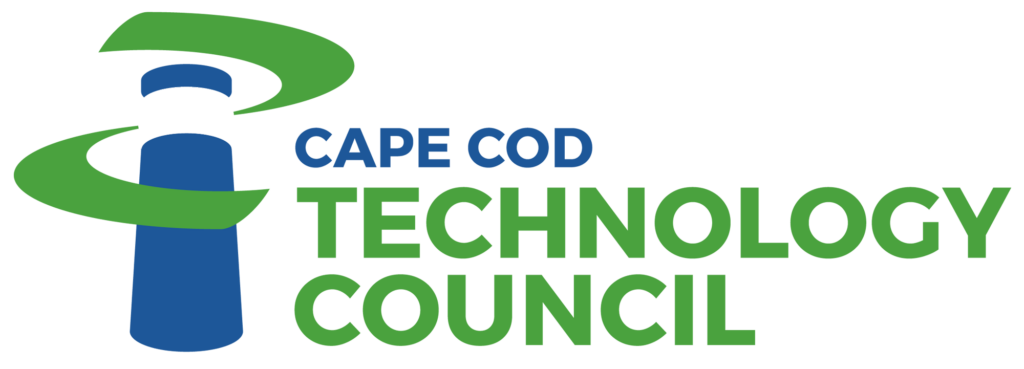The Infrastructure Committee’s August meeting centered on a presentation by the Cape Cod Commission on their Digital Equity efforts.
To better understand and improve Cape Cod’s digital equity, Cape Cod Commission’s projects are:
- Regional Broadband Needs Assessment
- Municipal Digital Equity Planning
- Asset-Mapping & Outreach
Regional Broadband Needs Assessment
The Commission has launched a survey on the Cape’s regional broadband needs, funded by Barnstable County. This survey includes an assessment of existing conditions of broadband networks and service availability. The goal is to quantify reported accounts of regional connectivity – providing hard data to support feedback that connections are slow.
The survey will then inform recommendations for improving the network and provide guide for future investments.
Their process is to assess existing conditions, collect data, identify gaps, make recommendations for addressing gaps, and coordinate implementation efforts. The project will 1) deliver an assessment which will be foundational to long term strategies; 2) document service availability, quality, and gaps; and 3) guide recommendations on policy and ways to improve access.
The survey will supplement the FCCs coverage map, which reports that there is 100% coverage on Cape Cod, as reported by providers. Preliminary speed tests indicate notably slower speeds from Memorial Day to Labor Day.
So far, they have completed a statistically valid phone survey of seasonal and year-round residents in peak season, gathering data on quality, affordability, deployment preferences and digital equity. Next, they will talk with Comcast, OpenCape, and mobile providers on future expansion plans, and coordinate focus groups to better understand what user’s experiences are.
Cape Cod Commission is running their own speed test at capecodcommission.org/speedtest. It can be taken on any device so there is a broad record of experience. Another speed test is at capecodcommission.org/broadband-test. This one is for desktops, laptops or tablets with a wired connection (no Wi-Fi or mobile devices), with tests run daily. The commission encouraged users to take the speed tests often, providing data from many times of day and from various locations.
Municipal Digital Equity Planning
Cape Cod Commission is a pre-qualified service provider for all towns in Barnstable County.
The Municipal Digital Equity Planning program will assist towns in assessing and finding solutions to their communities’ digital divide. Services to towns include data collection of existing conditions, asset mapping and stakeholder outreach, community charrettes, and development of a digital equity plan.
The goals of municipal digital equity planning includes guiding municipal decision-making and investments to increase internet access and usage for vulnerable populations and preparing municipalities to submit state and federal grant proposals supporting digital equity activities.
Asset-Mapping & Outreach
The Commission is conducting asset mapping at a regional level to better understand digital equity assets across the County. This includes research, conversations and data collections from entities involved in supporting digital equity (libraries, nonprofits, individual advocates, educators, and other community groups).
They are also supporting Massachusetts Broadband Institute’s coordination of a regional digital listening session.
MBI is identifying groups and communities disproportionately impacted by digital inequity. The belief is that Massachusetts does not face issues with digital access, which has lowered the amount the state received from the federal government. To support statewide planning for digital equity, MBI is mapping assets: programs, organizations, plans, or individuals working to advance digital equity and inclusion.
MBI hopes to have a report published in December. Feed money supporting municipal digital equity plans becomes available at the end of June 2024.
One of our broadband resource group’s goals is that towns will work together and help each other. A committee member reported that Bourne received a grant and helped Wellfleet get a grant. Wellfleet then created a Cable and Internet Committee, which served as a model for Bourne.
